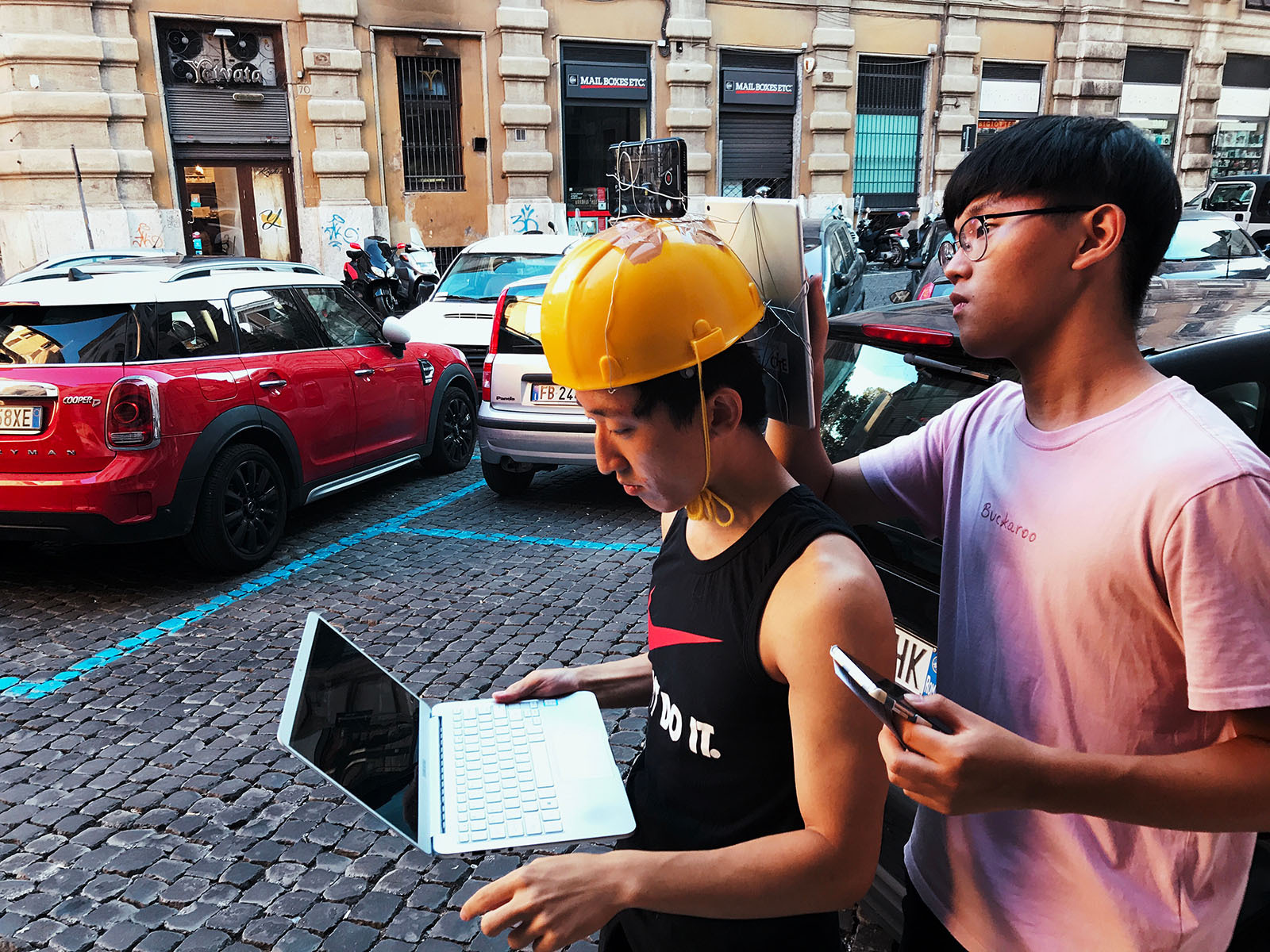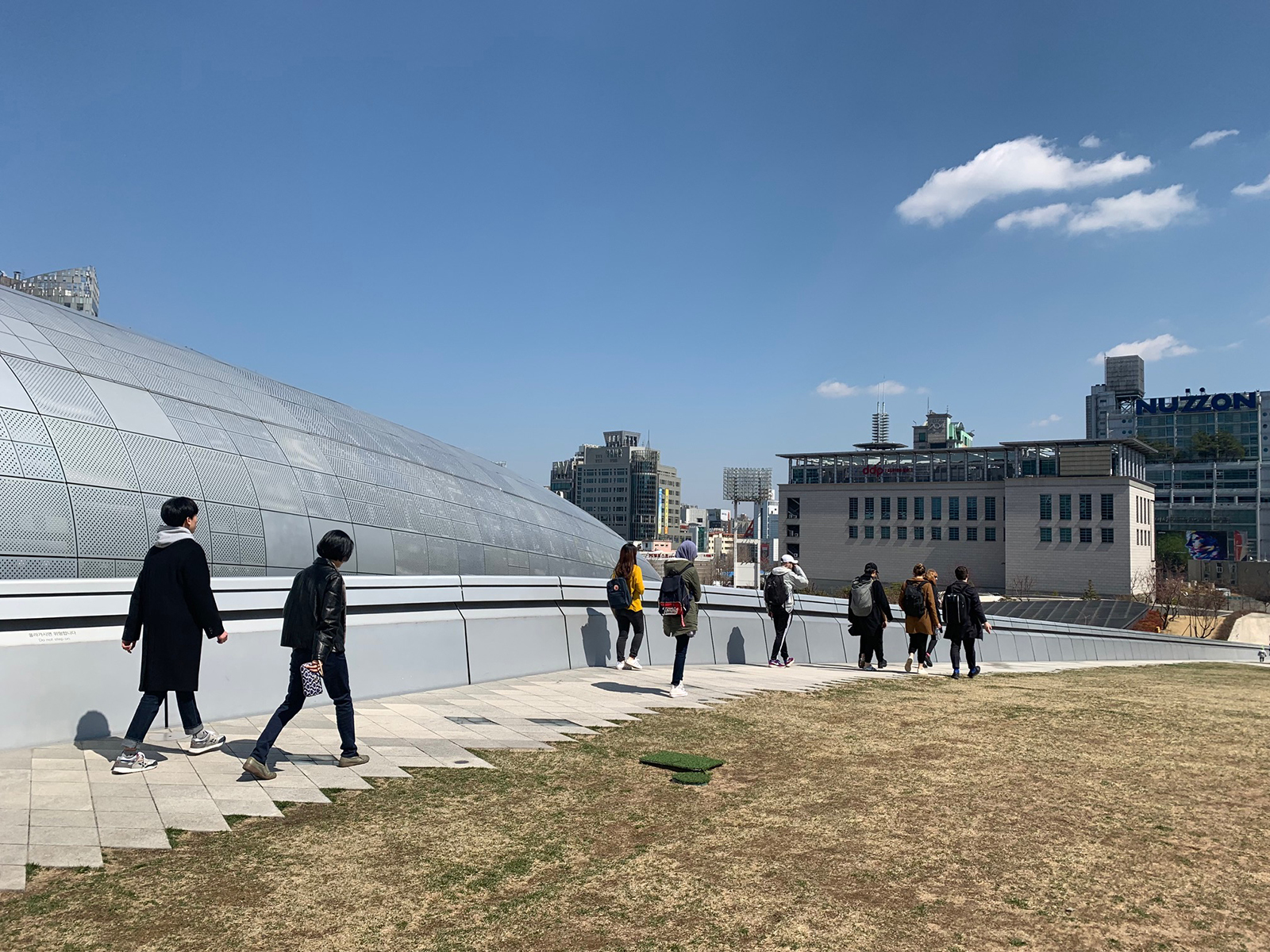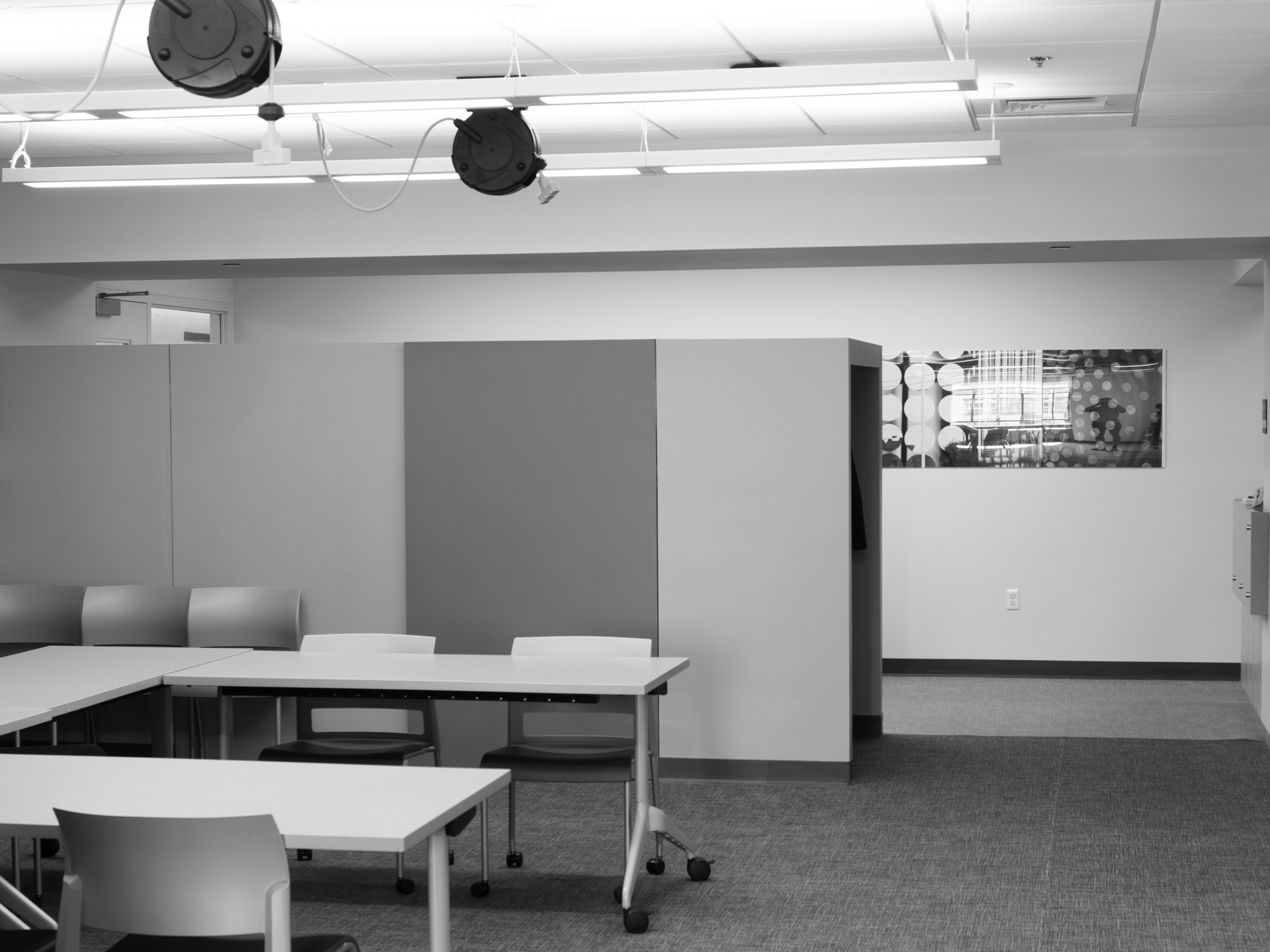About this Travel Course
Course Description
Throughout the 1980’s, São Paulo was still reeling from military dictatorship as well as the modernist architecture project of Brasilia. Left with an abundance of modernist buildings that had fallen into disrepair, compounded by the need for state-funded services, architectural practices around adaptive reuse exploded onto the newly democratic scene. Within two decades, former industrial buildings like factories became the framework for new architectural development for social services like housing, museums, and community centers. Of the many successful examples of adaptive reuse throughout Brazil, this course will focus on the prolific work of architect Lina Bo Bardi, which she developed from the 1960s through the 1990s in São Paulo and Salvador de Bahía.
Adaptive reuse is the practice of rehabilitating existing, and often obsolescent, buildings. Obsolescence in buildings happens when a structure is no longer able to function as designed, either technically or socially. Technical obsolescence occurs when a building’s systems are unable to operate efficiently, while social obsolescence occurs when a building no longer serves the needs of the publics that occupy the space. Contemporary discourse around adaptive reuse affirms that the most sustainable building is one that already exists; as a practice for building, adaptive reuse produces less carbon emissions than new construction, while simultaneously retaining the identity and memory of a place.
Through our travels, we will encounter a number of adaptive reuse projects in São Paulo and Salvador de Bahía, including SESC Pompéia, Teatro Oficina, Centro Cívico LBA, and Museum of Modern Art of Bahia to name a few. Each of these projects address technological and social reuse; they imbue new cultural significance into existing and vernacular buildings. In the case of SESC Pompéia, Bo Bardi converts a decommissioned factory into a cultural and sports center. Teatro Oficina is Bo Bardi’s rehabilitation of a historic office building that was destroyed in a tragic fire into a community theater. Each of the projects will investigate the unique, place-based history of the existing structure and its respective public.


